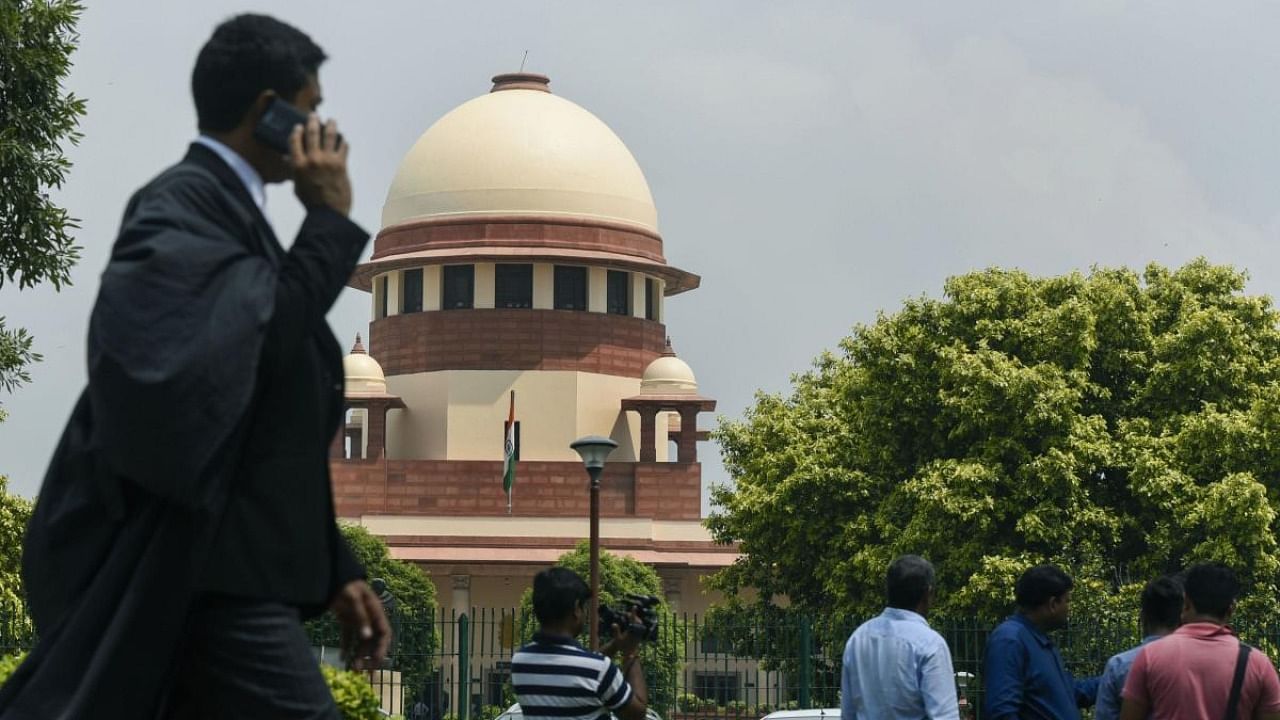
Chief Justice of India S A Bobde’s question to a rape accused if he was ready to marry his victim has rightly attracted much criticism. Rape is a heinous crime that violates the mind, body and dignity of the victim, leaving her traumatised for life. It calls for exemplary deterrent action against the perpetrator, and marriage can under no circumstance be a penance or punishment for this unpardonable act. In the instant case, a man from Maharashtra had gagged, tied and repeatedly raped a 16-year-old girl a few years ago, under intimidation, including threats of throwing acid on her face. The fact that the girl pursued the case from the sessions court to the Supreme Court is proof enough that she was not looking for closure in the form of marriage but for prosecution and punishment of the accused. Marriage can never be a condonation for crimes against women and the chief justice’s remarks could send a wrong message that anybody can get away with rape by subsequently getting married to the victim.
Such statements by judges even in passing only reinforces the view that the judiciary needs to be sensitised on gender issues. Some time ago, the Delhi High Court had in a bizarre order overturned a rape conviction against a film director ruling that a “feeble no” by the victim can actually signal consent. In another instance, the Madhya Pradesh High Court had granted bail to an accused on the condition that he would get a rakhi tied by the woman he had molested. Such orders trivialise the trauma of women, further victimising them. Cases of rapists marrying their victims to escape punishment have come light. The woman often has little choice in the matter as she is made to believe that her honour is at stake. Unless an end is put to this pernicious practice, there will be a time when men will come to believe that the easiest way to marry an unwilling girl would be to violate her.
The Supreme Court is held in such high regard that even casual observations made by the court or queries and questions as posed in this case are taken seriously not only by those who approach it but by everybody. So, it should not send a wrong message, especially about issues that concern the rights of women. The court has in the past rejected compromises in such cases and upheld the rights and honour of women and girls. In the instant case, the survivor’s rights are protected under the Protection of Children from Sexual Offences (Pocso) Act. Although the court effectively uses compromise as a means to settle disputes in civil cases and petty offences, the same yardstick cannot be applied for heinous crimes like rape.